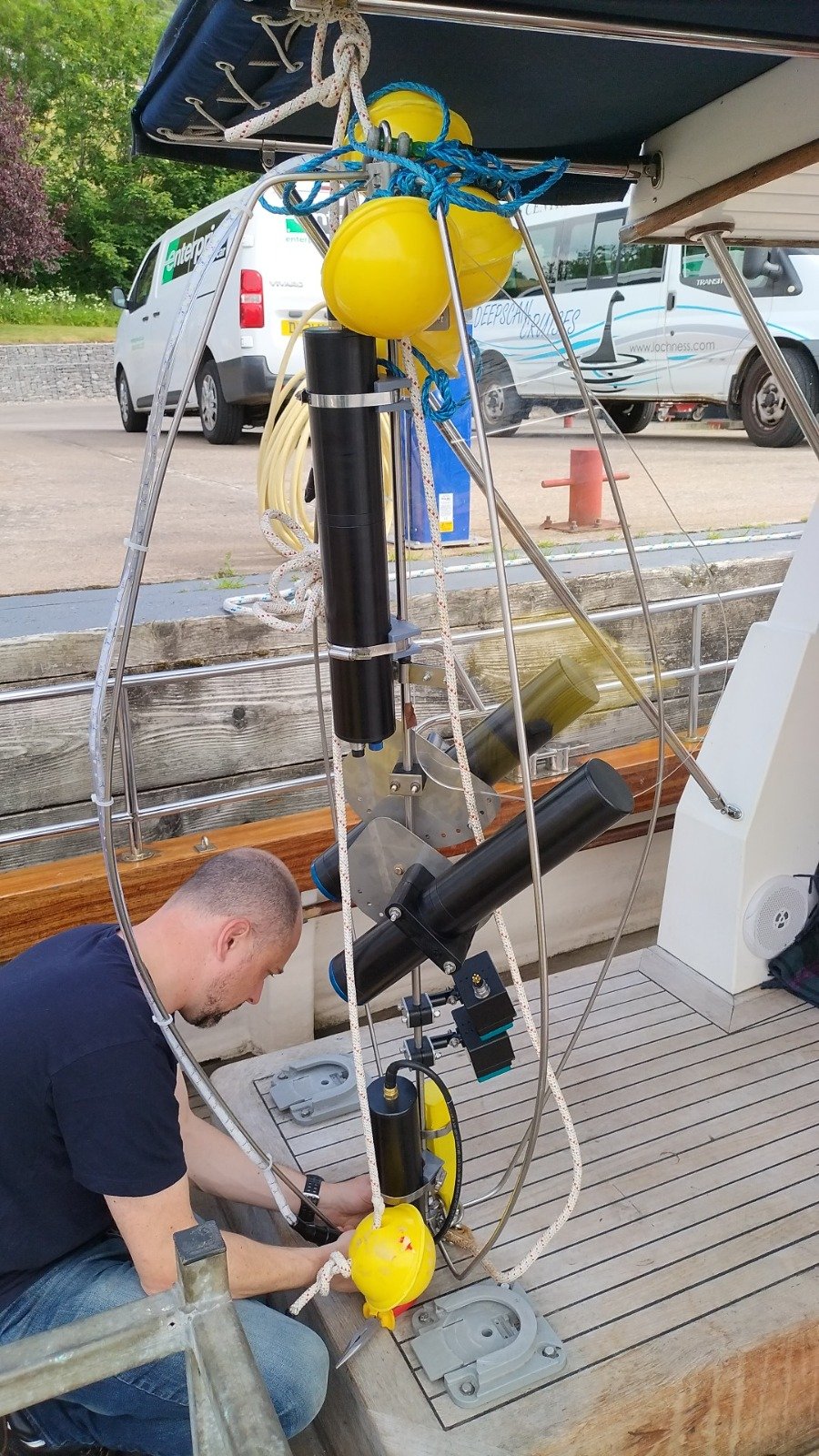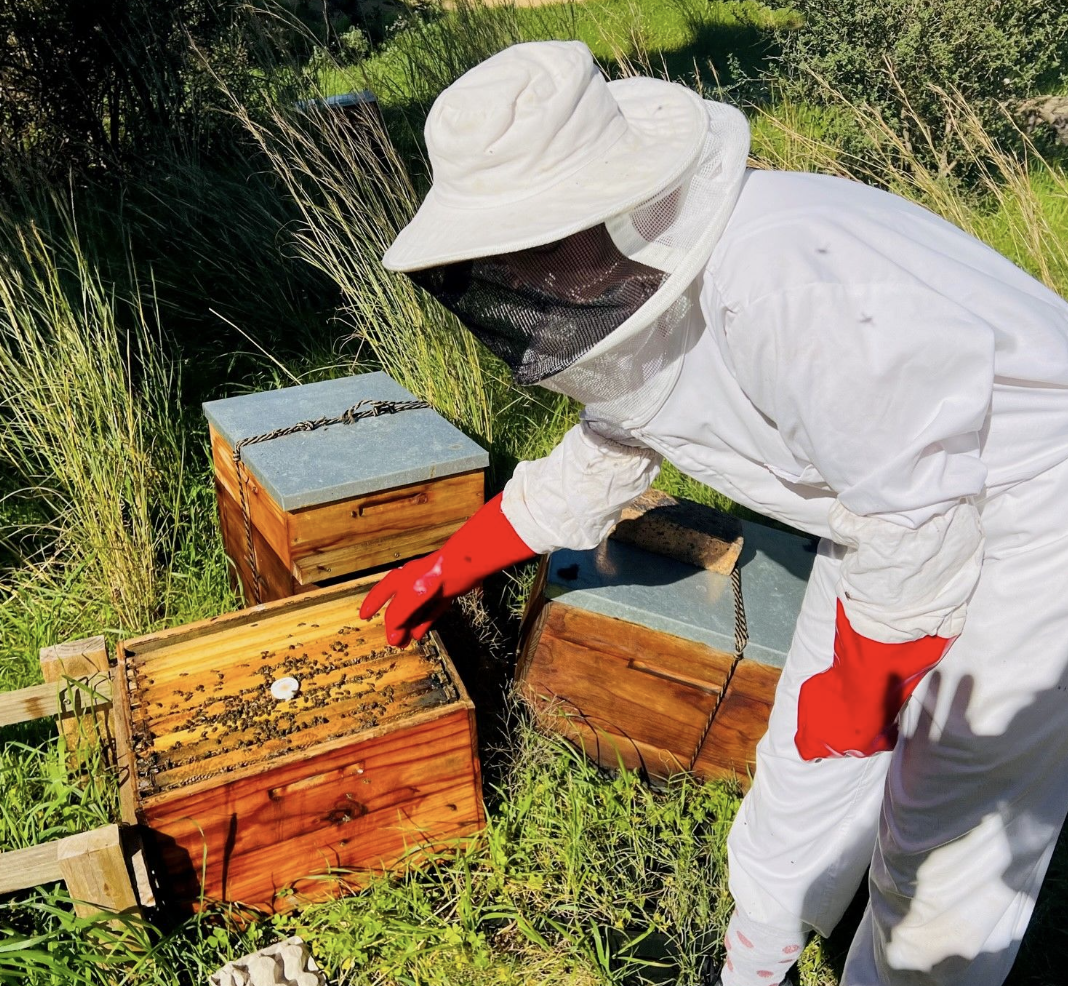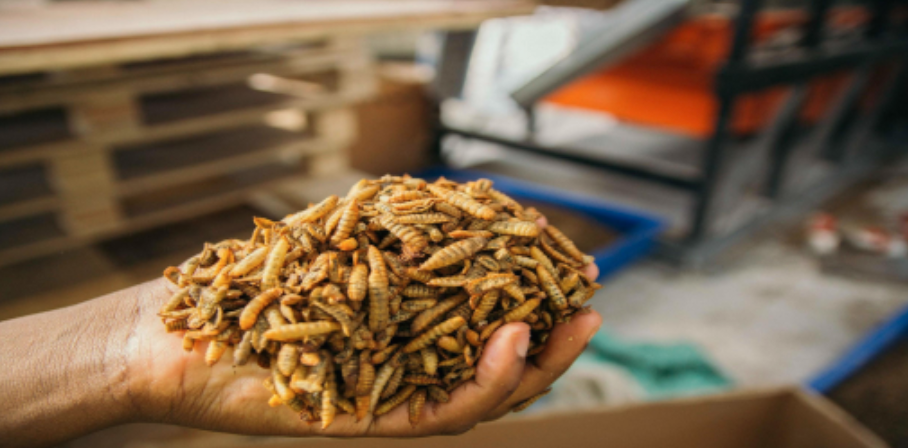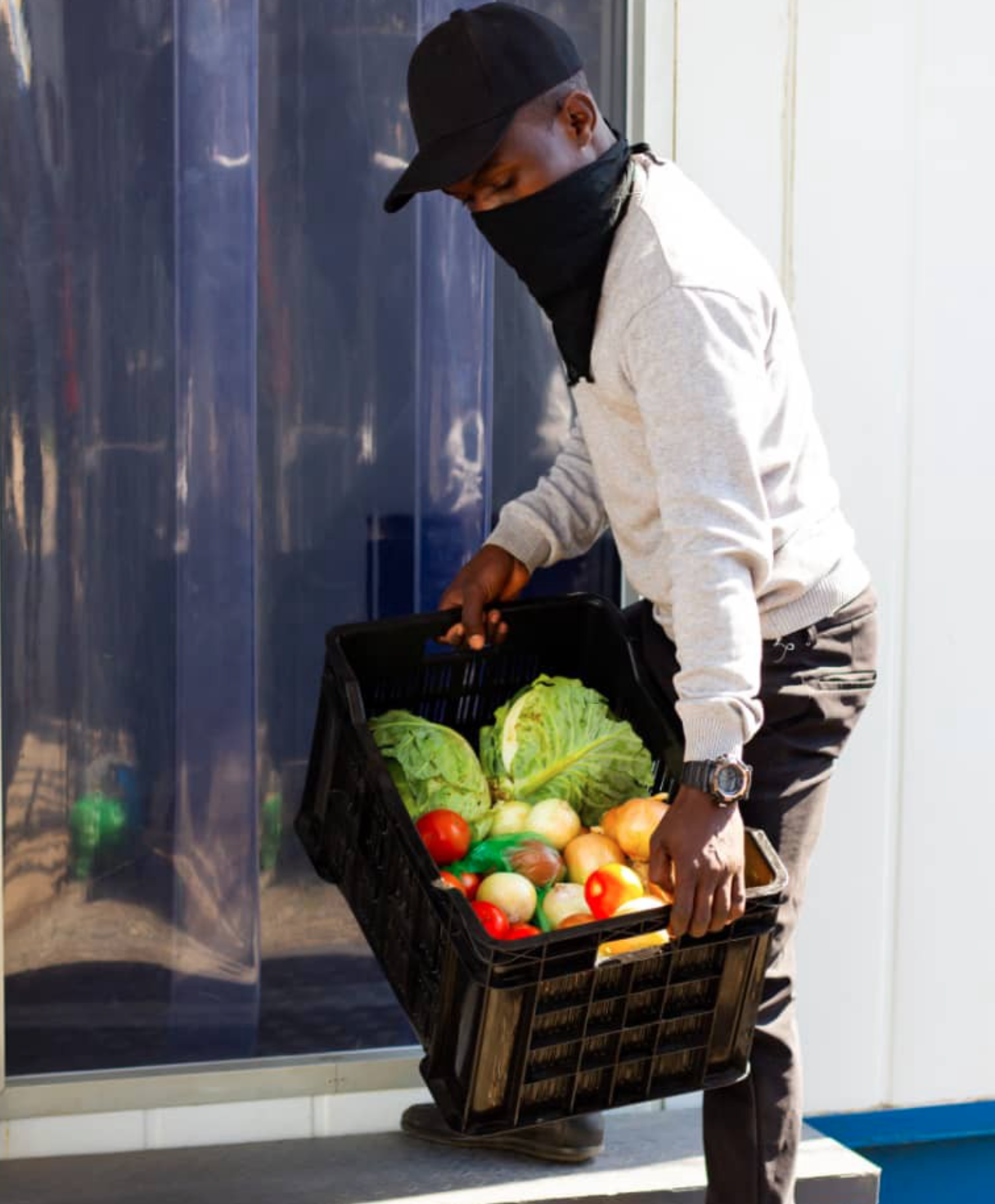Protecting forests: Open data for supply chain due diligence
THE QUESTION
Can open data systems help smallholder farmers prove they’re following deforestation rules and stay in global supply chains?
LOCATION: Global
SECTOR: Agriculture and Food Security / Nature and Biodiversity
TECH: Open Data
TIMELINE: September 2024 - May 2025
PIONEER: Mandar Trivedi, Katie Caudle
PARTNERS: Proforest
The Challenge
Agriculture drives nearly 90% of global deforestation. Millions of smallholder farmers play a big role in producing crops like cocoa and palm oil, which are linked to deforestation. For example:
70% of the world’s cocoa comes from 2 million smallholder farmers in West Africa.
40% of global palm oil is produced by 3 million smallholders in Indonesia and Malaysia.
New market rules, such as those in the UK, EU, and US, require companies selling ‘forest risk commodities’ (FRCs) to trace their supply chains and prove they aren’t causing deforestation. The regulations are vital but could place a heavy burden on millions of poor small farmers at the bottom of supply chains. Many smallholders risk being excluded from global supply chains without the right tools.
Existing certification schemes and traceability systems help, but they cannot scale to a mass-market shift for FRCs. As different countries and supply chains build independent and uncoordinated systems, there’s a growing maze of costly and confusing standards for smallholders to tackle.
Large actors like commodity traders can afford the tools and data to comply, but small players—like UK livestock farmers and SMEs who depend on ingredients like cocoa, palm oil and soy—will need them to be open and affordable
This lack of coordination and cost barrier risks shifting resources away from smallholders. It threatens to leave millions of farmers behind, slowing efforts to protect forests and create fair, sustainable rural economies.
The Idea
There is no open data platform that any supply chain actor can access for free or at a low cost, so this pilot aims to create one, first establishing common open standards to support genuine interoperability between current systems. It would allow supply chain actors—like traders, producers, manufacturers, and retailers—to share information in an easy, standardised way.
Using technology like geospatial data and machine learning, the system would make it possible to:
Track compliance with deforestation rules.
Monitor and report risks in supply chains.
Help smaller businesses and farmers stay competitive.
The system would serve three main groups:
Supply chain actors: Businesses of all sizes could use the platform to meet new regulations and maintain their position in global markets.
Producer country governments: Governments could share their data to support compliance and encourage trade.
Smallholder farmers: Farmers could demonstrate compliance and avoid being excluded from supply chains.
By creating a transparent, open data system, this pilot could protect forests, support smallholder farmers, and make global supply chains fairer and more sustainable.
Our learnings and stories so far
Explore related pilots
Curious about how frontier technologies are impacting nature, agriculture and food security? Read about our other pilots in these sectors 👇🏽


















Emerging due diligence and traceability requirements across forest commodity supply chains risk excluding smallholder farmers and producers. This report looks at the potential for open data tools to demonstrate compliance.